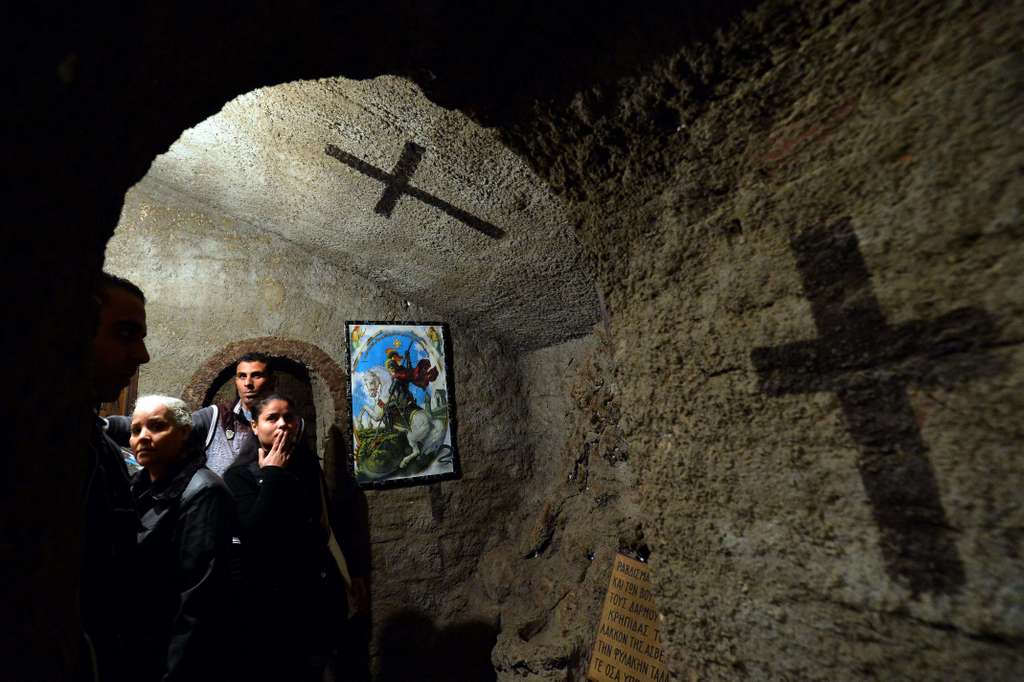CAIRO: The Arabic Program for Human Rights Activists (APHRA) slammed a court order allowing a probe into the bank accounts of 36 Egyptian human rights activists.
“There’s no point in these investigations except to tarnish the reputation of human rights organizations," Vice President of APHRA, Sabri Mohamed, told Daily News Egypt on Monday.
The probe includes a number of prominent human rights activists such as Chairman of the Egyptian Organization for Human Rights (EOHR) Hafez Abu Saeda, Executive Director of the Egyptian Initiative for Personal Rights (EIPR) Hossam Bahgat, Director of the Hisham Mubarak Law Center Ahmed Seif Al-Islam, Director of the Arab Center for the Independence of the Judiciary and Legal Profession Nasser Amin, and members of the April 6 Youth Movement.
"(APHRA) stresses that this premeditated attack on [human rights activists] with the collaboration of three ministries … aims to tarnish their reputations and then eliminate them," read the statement.
The Ministries of International Cooperation, Solidarity and Interior are involved in the probe.
Abu Saeda and Amin said the timing of the court verdict just two weeks before parliamentary elections — slated to being Nov. 28 — is meant to prevent human rights organizations from monitoring the elections.
"They want to threaten us and prevent us from monitoring the upcoming elections and exposing any violations that might occur," Abu Saeda told DNE.
Amin said this was a threat to human rights activists, some of whom are contesting the elections.
"The campaign against us was launched by authorities months ago, but the court verdict was announced now to tarnish our reputation prior to the elections," he said.
Amin is running in the Helwan district against Mostafa Bakry, former MP and editor of El-Osboa newspaper.
Since July, government officials and members of the Supreme Council of the Armed Forces (SCAF) have repeatedly accused human rights organizations and the April 6 Youth Movement of receiving foreign funding to serve “foreign agendas” against Egypt.
"What are these so called foreign agendas?" Mohamed questioned, adding that no foreign funding was received by any human rights organization without approval from the Ministries of Social Solidarity and International Cooperation.
In early July, the Cabinet formed a committee headed by the Minister of Justice to investigate the funding of civil society groups. The Cabinet’s decision came after SCAF issued a statement singling out the April 6 Youth Movement and raising suspicion over its sources of funding and whether it serves “foreign agendas.”
Mahmoud Afify, spokesperson of the April 6 movement, said it has received no official request to probe the accounts of any of its members.
In September, Mohamed Nabih, the vice chairman of the New Urban Communities for Real Estate and Commercial Affairs Sector, made an official written request to investigate property owned by some political activists.
The list of activists attached to the letter included member of the April 6 political bureau Mohamed Adel and its general coordinator Ahmed Maher.
“We keep hearing these rumors and false accusations every now and then without any official contact [from authorities] or interrogation," Afify said.
In August, the Minister of Social Solidarity requested Egypt’s central bank to keep him informed of all transactions on accounts held by NGOs.
According to Mohamed, the bank can only release information on its clients’ accounts by a court ruling.
However, Amin said investigations have been ongoing for months, even before the verdict was announced.
The Cairo criminal court issued a verdict last week allowing the central bank to expose the accounts of 36 human rights activists.
"I welcome any investigation into my bank accounts because I have nothing to hide, but why should human rights organizations be singled out?" Abu Saeda said.
"Any government official or public servant should be probed as well, including the ministers," he added.
On July 23 in a TV interview, SCAF member General Hassan Al-Rueiny accused April 6 and other organizations of attempting to drive a wedge between the people and the army.

